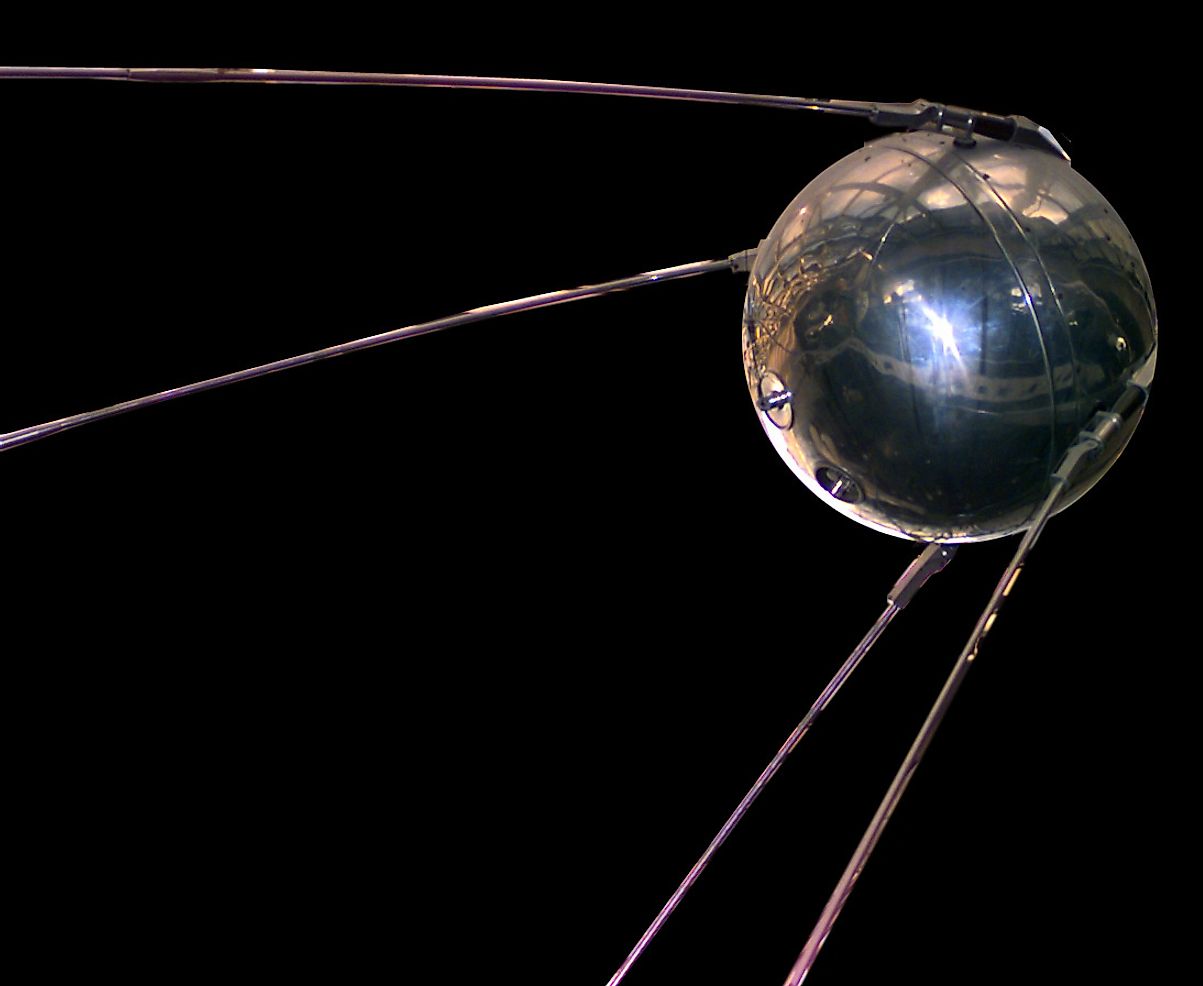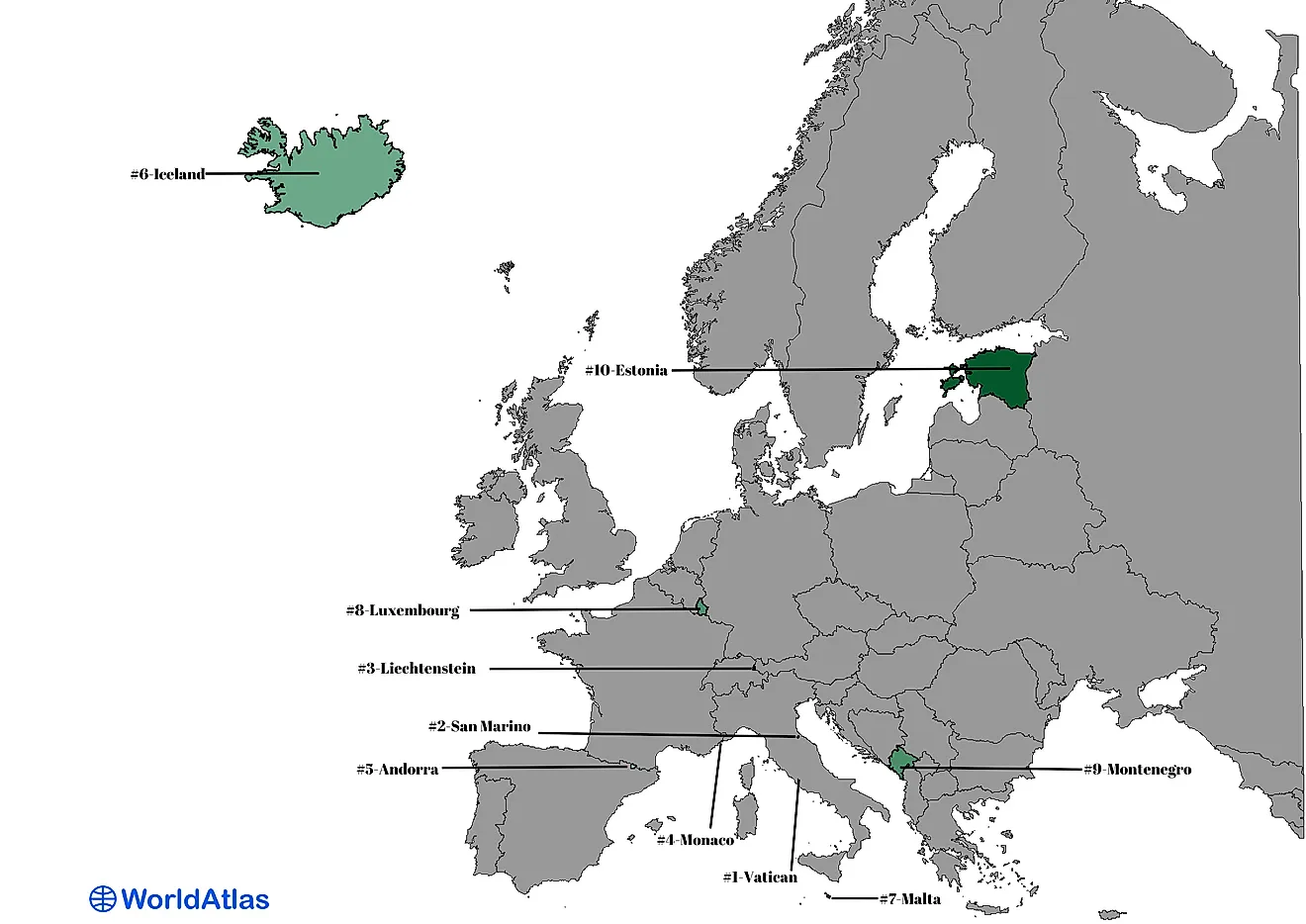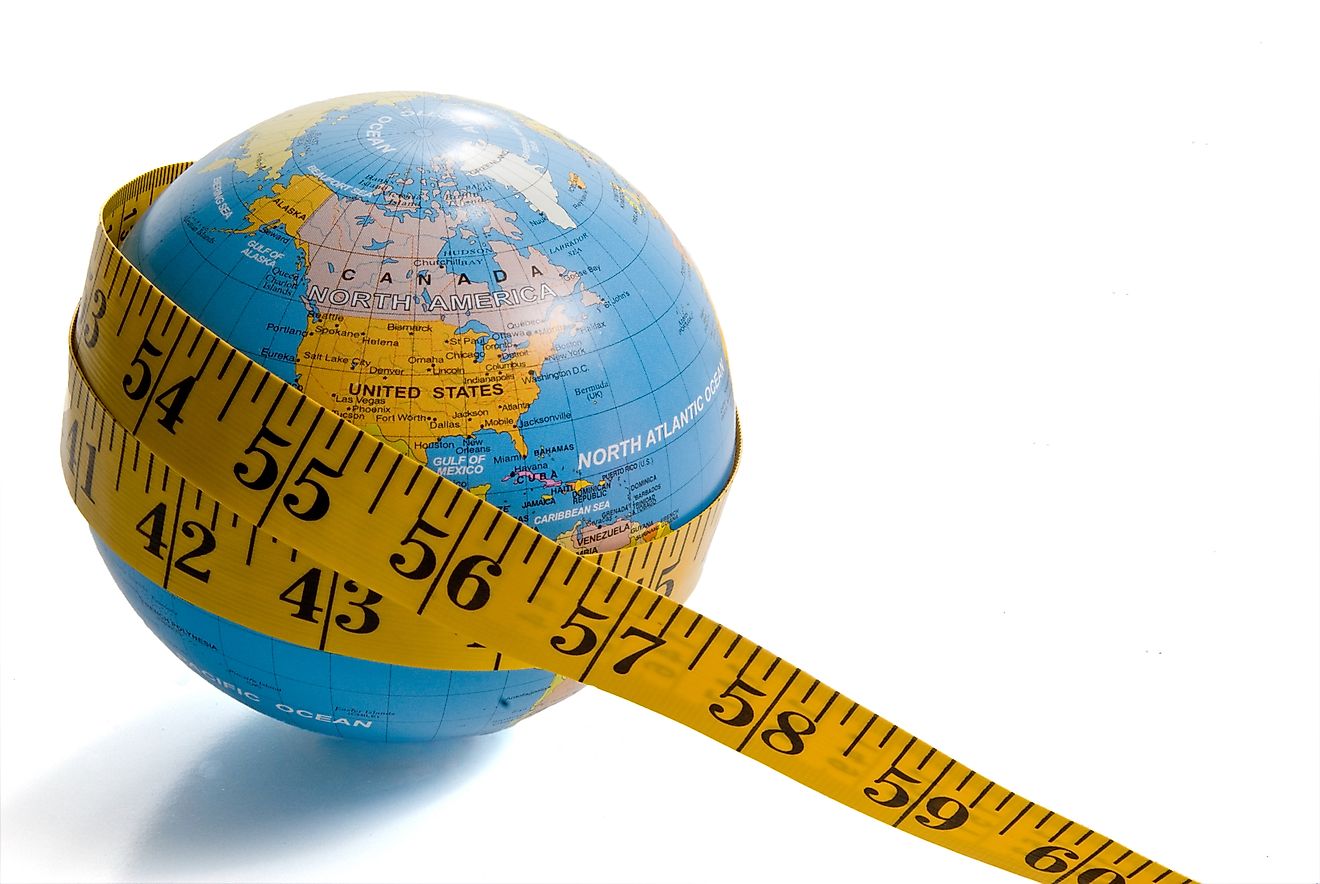Countries With The Most Operational Satellites In Orbit

The United States of America
In 1958 America established the National Aeronautics and Space Administration (NASA) in response to the Soviet Union launching the first satellite. NASA is responsible for the civilian space program, aeronautic and aerospace research. In 1961, Alan Shepard became the first American and second man in space, a year later John Glenn became the first American and second person to orbit Earth. In 1961 NASA started the Apollo program and by 1969 landed the first men on the moon. From 1969 to 1972 NASA would land six missions to the moon, landing twelve men there. The United States is currently the only country to have landed men on the moon. NASA also launched Skylab in 1973, which was America's first and only independent space station until 1979 when it re-entered the Earth's atmosphere. NASA ran the space shuttle program from 1972 until 2011 when it was canceled. To date, there have been 335 Americans in space. The United States has launched satellites for communication, military, scientific and other purposes. In 2013, the U.S. launched the MAVEN orbiter, a space probe with the purpose of studying the atmosphere of Mars. In 2015 the US launched DISCOVER to observe space weather affecting Earth as well as observing weather phenomenon on Earth.
China
The Chinese Space Program has its roots in the late 1950's when it began its ballistic missile program. In 1967 Mao Zedong decided that China should not get left behind and started the country's first manned space program. It was decades before China sent a man to space, but in 1970 China launched their first satellite, the Dong Fang Hong I. In 1993 China established the China National Space Administration to take over the duties of the nation's space program from the Ministry of Aerospace. Since the Cold War ended, China became the third nation to independently send humans to space in 2003 when Yang Liwei became the first Chinese national in space. To date, there have been 10 Chinese in space. In 2007 China also became only the fifth nation to successfully orbit the moon. China has launched satellites for military, communication, scientific and other purposes. In 2015 China launched Pujiang-1 to help promote and monitor the construction of smart cities. In 2016 China launched Ziyuan III-02 a remote sensing satellite to monitor land use, ecology and more.
Russia
The Soviet Space Program began in the 1930's and was responsible for rocketry and space exploration. In 1957 the Soviet Union launched the first-ever satellite, Sputnik 1, into space which kicked off the space race between the Soviet Union and the United States. Yuri Gagarin became the first to venture into outer space and orbit around the Earth in 1961. The Soviets also accomplished other notable first, including the first animal in space (1957), the first probe to impact the Moon and first images of the Moon (1959), the first women in space (1963) and many others. In 1991 the program dissolved with the disillusion on the Soviet Union. In 1992 following the fall of the Soviet Union, Russia established the Roscosmos State Corporation to be responsible for the country's space program. Currently, Russia is currently the only country capable of sending astronauts to the International Space Station. To date, there have been 117 Russians in space. Russia has launched satellites for communication, reconnaissance, and navigation, among other purposes. In 2014 Russian launched the Kosmos 2500, a military satellite whose purpose is navigation. In 2016 Russia, in a joint project with the European Union, launched the ExoMars Trace Gas Orbiter with the purpose of mapping the atmosphere of Mars via a rover on the surface and an orbiting satellite.
Japan
Japanese space development was started in the 1950's at Tokyo University by Hideo Itokawa and by 1964 became the Institute of Space Astronautical Science (ISAS). There were two other competing space agencies, the National Aerospace Laboratory of Japan (NAL) which was formed in 1955 and the National Space Development Agency of Japan (NASDA) which was formed in 1969. In 1970 ISAS launched Ōsumi, the first Japanese satellite into space. In 2003 ISAS, NAL and NASDA merged into one origination, the Japanese Aerospace eXploration Agency (JAXA). JAXA is responsible for launching satellites, asteroid exploration, and possible Moon exploration. In 2012 legislation extended JAXA to include some military space development. To date, there have been seven Japanese in space. In 2014 Japan launched their two latest satellites, the Hayabusa 2 with the purpose of collection asteroid samples and the PROCYON with the purpose of doing a deep space asteroid flyby, but was abandoned en route due to an ion thruster malfunction.
United Kingdom
In 1952 the first official British space program began and by 1962 Ariel 1 was the first British satellite launched into space on an American rocket. In 1971 Prospero was the first and only British satellite to be launched into space on a British rocket. In 1985 the British National Space Centre was formed to coordinate UK space activities and work with the European Space Agency. In 2010 the government established the United Kingdom Space Agency, which is now responsible for the British space program. To date, there have been seven Britons who have been in space. The United Kingdom has launched many types of satellites into space, including one for commercial, x-ray, mobile and scientific purposes. In 2009 the U.K. launched the UK-DMC 2 as part of the Disaster Monitoring Constellation, which provides emergency Earth imaging for disaster relief. In 2013 the U.K. launched the STRaND-1, which was the first smartphone operated satellite to be launched into space.
Countries With The Most Operational Satellites In Orbit
| Country | Operational Satellites In Orbit |
|---|---|
| United States | 568 |
| China | 177 |
| Russia | 133 |
| Japan | 56 |
| United Kingdom | 42 |











